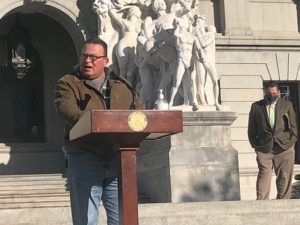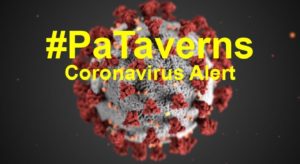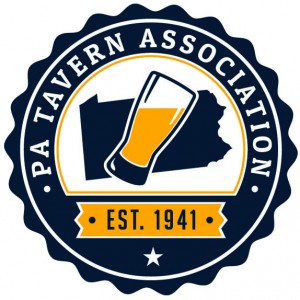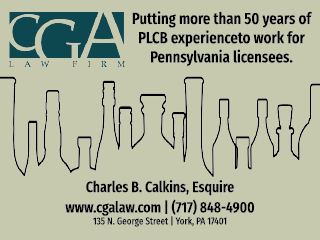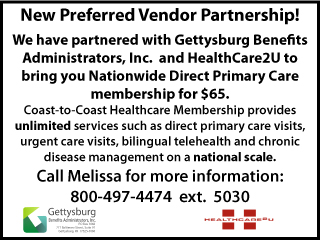The following speech was given by PLBTA President Tom Tyler, owner of McStew’s Irish Sports Pub in Levittown, Pa. His speech was given at an industry rally on the steps of the Pennsylvania State Capitol on November 18, 2020. The rally was held to support taverns and restaurants suffering from the state’s COVID-19 mitigation orders.
Good afternoon. It is great to see all of you have come out to have your voices heard! My name is Tom Tyler, president of the Pennsylvania Licensed Beverage and Tavern Association and owner of McStew’s Irish Sports Pub in Levittown Bucks County. It’s an honor to speak on the steps of our Capitol today as our industry comes together as one single loud voice to fight for its survival.
Since day one of this crisis, taverns, restaurants, clubs, and brew pubs have been the tip of the spear in the fight against COVID-19. In March we were asked to do our part to slow the spread of COVID-19, And we agreed to do our part. What started out as two weeks to slow the spread has turned into endless mitigation efforts destroying our industry. In the beginning we were asked to sacrifice, now we are being sacrificed!
We have played a key role in this fight. Again, we have done our part. But our industry continues to be targeted unlike any other. And not because the science says we should as the state’s own contact tracing numbers continue to show transmission of the virus in bars and restaurants is very low!
Over the last 8 months we’ve watched our businesses go into a downward spiral with little help from Commonwealth of Pennsylvania. Yes, I’m grateful the state has waived my licensing fees for 2021. Yes, I’m grateful that taverns and licensed restaurants can sell mixed drinks to go. But…it’s not nearly enough to save small business taverns and licensed restaurants from going out of business.
There has been a lot of talk of a vaccine in the news recently. That is promising for the future. But until then, many more establishments will hang “for sale” signs out as they watch their businesses close under the financial pressures being caused by mitigation orders.
We have heard repeatedly the governor and our legislators acknowledge the sacrifice our industry has made. But their words won’t pay our bills and the time for words is over, it’s time for action!
The state legislature needs to provide an industry bailout and other meaningful measures to provide much needed funds and lifelines to help our struggling establishments pay their rent…. Pay their mortgages….. pay their utilites…..and most importantly, to keep and pay their employees! The state is still sitting on 1.3 billion dollars in Federal cares money. We want our share of those federal dollars. We deserve our share of those dollars!
On behalf of all small business taverns and licensed restaurants across the Commonwealth of Pennsylvania, the Pennsylvania Licensed Beverage and Tavern Association calls upon our state legislature to act now! Don’t wait any longer! We are out of time! We need help now!
Let me finish by saying that the Pennsylvania Licensed Beverage and Tavern Association stands proudly, here today, with our industry partners including clubs, restaurants, and brew pubs. We’re all in this together!
Thank you!




